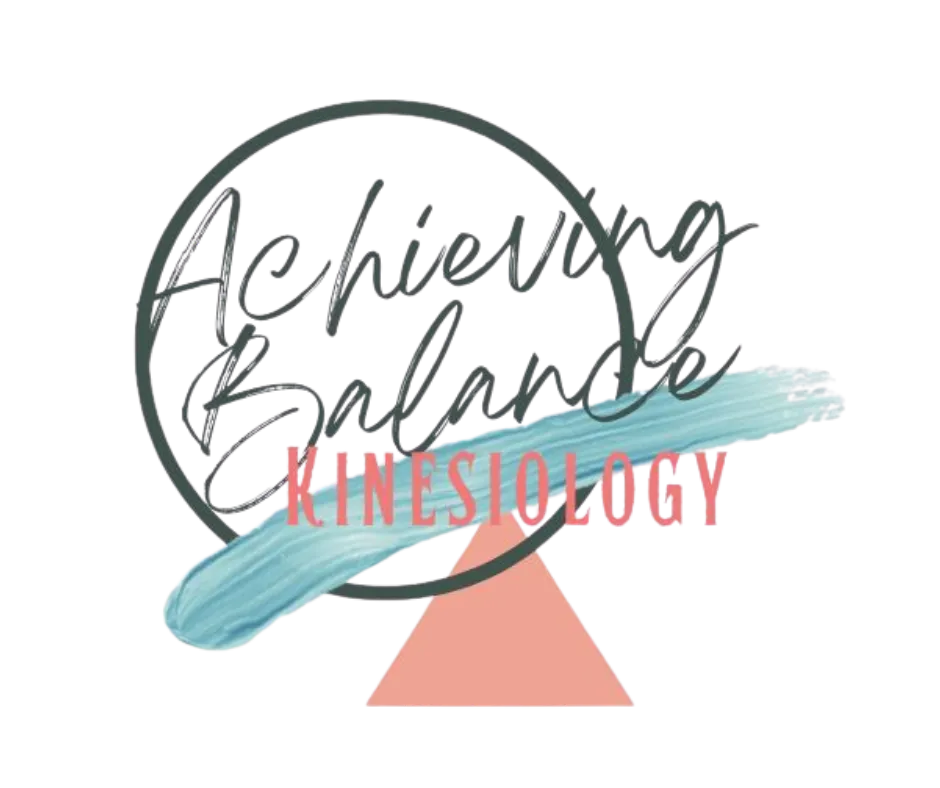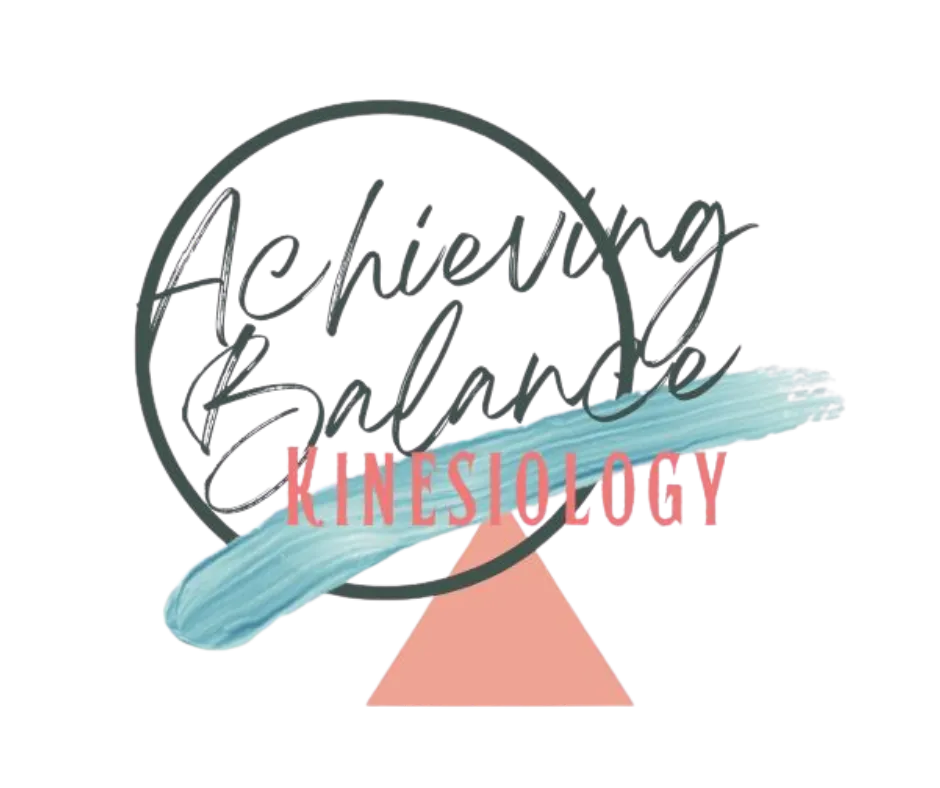Discover the Benefits of Kinesiology
People find Kinesiology for all sorts of reasons — physical pain, emotional overwhelm, energetic fatigue. Many arrive after trying everything else, still sensing there’s something deeper asking to be seen.
Kinesiology meets you at that deeper layer. It’s not just about symptoms — it’s the posture you hold, the lens you see through, the meaning your body has learned to assign.
Through muscle testing, we access the subconscious blocks and patterns that keep you stuck — the invisible loops running beneath the surface. What follows is clarity, insight, and realignment.
It’s about finding your next right step — the one that creates true momentum, more profound breakthroughs, and a return to balance that feels like you.
KINESIOLOGY for PREGNANCY
Kinesiology is a powerful support tool during pregnancy, best used as part of a holistic care team. When combined with midwifery, prenatal yoga, massage, acupuncture, chiropractic care, Calm Birth, or hypnobirthing, it nurtures the emotional, physical, and energetic well-being of expectant mothers, offering balance and support throughout this sacred journey.
Throughout pregnancy, Kinesiology sessions cater to diverse needs, addressing concerns such as:
Enhancing comfort, relaxation, and sleep
Boosting energy and clearing mental fog
Strengthening relationships and communication
Navigating grief, loss, or significant life transitions
Cultivating a calm and confident birth experience
Supporting body image and self-esteem
Releasing fear around birthing and motherhood
Pregnancy and childbirth are profoundly transformative, and kinesiology provides gentle yet powerful support throughout the process. As part of a holistic care team, it helps release emotional stress — especially from the hips — and supports the emotional, physical, and mental shifts leading up to birth, creating a more grounded and empowering experience.
NEWBORNS &
NEW MUMS
Creating a nurturing environment for your little one starts with support for you. Kinesiology sessions aim to empower mothers with practical, gentle techniques for caring for their babies. Sessions offer personalised support, all tailored to your baby’s unique needs. Sessions are available in-clinic, via Google Meet, or by special request for home visits.
Using muscle testing through you as a surrogate, we tap into your baby’s needs in a safe, non-invasive way. This allows us to offer support that fits naturally into your baby’s rhythm — whether they're sleeping, feeding, or playing.
Individuals often seek Kinesiology for the following:
C-Section Care & Postnatal Recovery – Support healing, rebalance the nervous system, and gently process the emotional impact of birth.
Feeding & Milk Supply – Assistance with breastfeeding, bottle-feeding, milk flow, and calming fussy or unsettled feeders.
Colic & Sensitivities – Relief for colic, digestive discomfort, and insight into food sensitivities or intolerances.
Sleep & Settling – Support for establishing soothing rhythms, easing overstimulation, and promoting deeper rest for both baby and mum.
KINESIOLOGY for KIDS
Anxiety, Worry & Emotional Overload – Support for anxiety, fears, separation distress, and big feelings.
Sleep & Night Disturbances – Help with falling asleep, night terrors, and toileting challenges.
Behaviour & Emotional Outbursts – Address reactive behaviours, tantrums, and emotional regulation.
Learning & Focus Challenges – Support for concentration, school stress, and learning difficulties.
Developmental Delays & Coordination – Work through delays in speech, motor skills, and movement.
Family Changes & Divorce – Gentle support for children navigating separation, grief, and transitions.
Friendship Struggles & Social Isolation – Help with feeling left out, making friends, and social confidence.
Hormones, Motivation & Growing Pains – Balance emotional ups and downs, puberty changes, and confidence blocks.
Every child can benefit from individual kinesiology sessions, which gently address underlying factors such as an overactive nervous system, biochemical imbalances, and emotional stress. By restoring balance and alleviating stress, kinesiology helps children feel more at ease in their bodies, empowering them to tap into their natural healing abilities and often their unique gifts. It’s a safe and effective approach for children of all ages — and can even be used to connect with unborn babies during pregnancy.
For children aged 10 and under, initial sessions typically last 50 minutes, with follow-up sessions lasting approximately 35 minutes. For those 10 and above, sessions may initially extend up to 60 minutes, with 45-minute follow-ups, each with time for discussion and debriefing. Each child is unique, and we’ll determine the ideal session length and duration of visits is driven by them.
ADHD & NEURODIVERSE GIFTS
Nervous System Regulation & Stress Relief - Releasing physical and emotional tension stored in the body through fascia work, muscular release, and energy balancing. This eases anxiety, fear-based imprints and trauma by calming the nervous system and reducing the intensity of symptoms
Personalised Support for Body & Brain - By identifying nutritional imbalances, food sensitivities, detox pathways, movement needs, and emotional triggers.
Kinesiology offers a unique, strength-based approach to supporting ADHD — one that honours the diversity and brilliance of neurodiverse individuals. It addresses hyperfocus, emotional regulation, impulse control, and kinetic learning styles through a holistic lens, rather than trying to ‘fix’ behaviour. Kinesiology works by gently clearing stress from the nervous system, releasing emotional imprints, and creating space for focus, clarity, and confidence to emerge. It’s especially effective for kinetic learners, offering body-based strategies that align with movement, curiosity, and sensory engagement.
In practice, kinesiology helps children and teens feel safe in their bodies, which is key to how they learn and connect. It can complement traditional therapies or offer a non-medication-based pathway, working across the physical, biochemical, emotional, and energetic systems. By amplifying what already works and empowering children with tools to understand and advocate for themselves, kinesiology fosters resilience and self-awareness, enabling them to thrive in their unique rhythm.
DEVELOPMENTAL DELAYS & LEARNING ISSUES
Learning Difficulties – Speech and language delays, dyslexia, dyspraxia, attention and memory challenges.
Developmental Delays – Delayed motor milestones, poor coordination, bedwetting, clumsiness, and retained reflexes.
Emotional & Social Stress – Separation anxiety, low confidence, fear of failure, and difficulty with friendships.
Nervous System & Sensory Regulation – Overstimulation, sensory sensitivities, and difficulty focusing or self-regulating.
Unlocking Potential - Kinesiology offers gentle, practical support for children with learning difficulties and developmental delays — whether there’s a formal diagnosis or not. By identifying and addressing the underlying stressors impacting a child’s ability to learn, communicate, and thrive, kinesiology works to clear tension held in the body and nervous system. From speech delays and dyslexia to coordination challenges, attention difficulties, and emotional overwhelm, sessions help children feel safer, more regulated, and more confident in themselves. These shifts can also enhance memory, creativity, and emotional resilience, opening new pathways for learning and growth.
Developmental delays can emerge from infancy through adolescence, affecting physical, emotional, social, and cognitive development. Kinesiology plays a crucial role in supporting this journey, particularly when used in conjunction with other therapies, such as speech therapy, occupational therapy, or chiropractic care. It forms part of a truly integrated, child-centred approach — one that honours each child’s unique rhythm while helping them access their fullest potential.
KINESIOLOGY for TEENS
Kinesiology offers teenagers a safe, supportive way to release stress and reconnect with themselves, especially during times of emotional, hormonal, or academic overwhelm. It’s a holistic approach that gently works with the body’s own feedback system to address what's happening beneath the surface, without needing to talk through every detail.
Teens will often end up in the clinic due to:
Hormonal imbalances, weight changes, and skin issues
Sleep problems, fatigue, and nervous system overload
Anxiety, panic attacks, and emotional regulation
Body image concerns, low self-esteem, and social stress
Academic pressure, learning struggles, and focus issues
Trauma, grief, or self-harm concerns
FEMALE ADHD & HORMONAL ISSUES
For women and girls, ADHD often shows up differently — less hyperactivity, more internal chaos. It can be masked by perfectionism, emotional overwhelm, chronic fatigue, or anxiety. When combined with hormonal shifts (puberty, menstrual cycles, postpartum, or perimenopause), the nervous system can become overloaded, making it hard to focus, regulate emotions, or feel grounded in daily life.
Kinesiology offers gentle, body-led support to:
Regulate the nervous system and reduce emotional reactivity.
Clear subconscious stress linked to burnout, overstimulation, and shame
Support hormonal balance across menstrual, seasonal cycles and life stages, plus pelvic care.
Improve focus, mood, sleep, and self-trust
Reconnect with your body’s rhythm instead of fighting it
0410155638
29b Vera Dr Coffs Harbour
View our Privacy Policy and Terms and Conditions here.
© 2026. All Rights Reserved.

